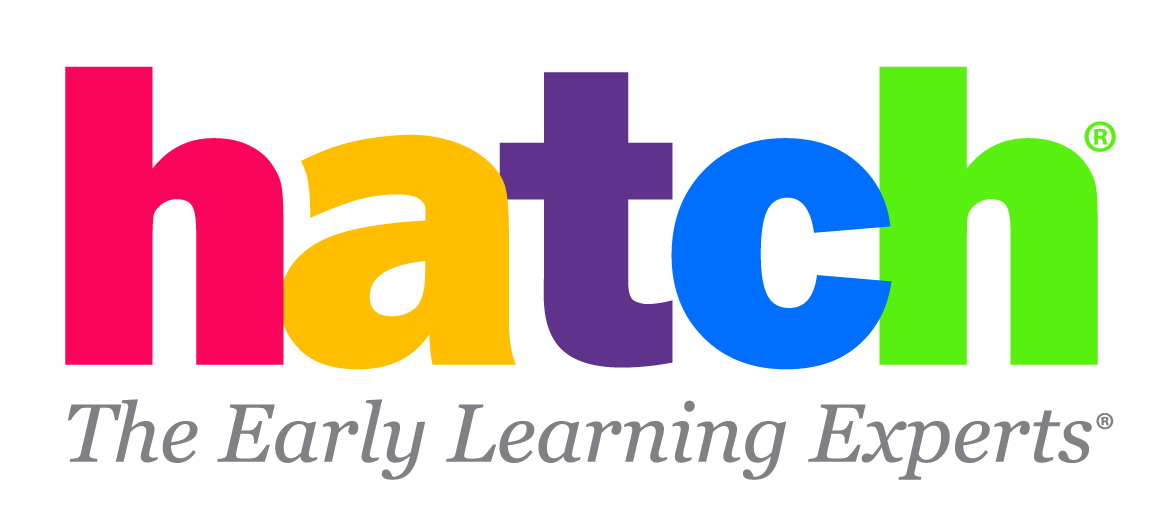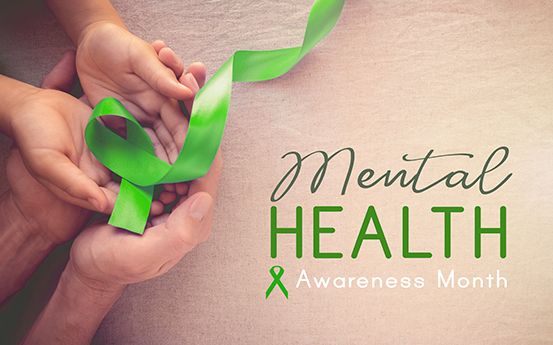Since 1949, the month of May has been observed as Mental Health Month in the United States. The purpose of Mental Health Month is to raise awareness about the importance of Mental Health and stop the stigma associated with it. Mental health is defined as our emotional, psychological, and social well-being. It effects how we think, feel, and act in response to events that have happened in our lives.
In my role as the Mental Health Manger for Head Start and Early Head Start, I promote mental health awareness for the program by planning activities for children and adults (parents, teachers, and staff) to improve their mental health and increase resilience. In my thirty years in this role, I find that the stigma related to mental health often prohibits individuals from taking full advantage of the services that are available.
Research data from Mental Health America (MHA) shows that 1 in 5 people will experience some form of mental illness during their lifetime. Currently anxiety and depression are two of the most common mental health issues affecting children and adults.
The circumstances around the COVID -19 pandemic have presented numerous potential triggers that could impact the mental health of children and adults:
- Death of loved ones
- School closures
- Business closures
- Social distancing
- Quarantine
These changes in our daily lives due to COVID-19 are causing anxiety and depression for children and adults. Data from the Anxiety and Depression Association of America (ADAA) shows nearly 450 million people worldwide are currently living with mental illness. Sadly, even though anxiety and depression are treatable (people can get better and recover), nearly two thirds of people with known mental illness never seek treatment.
There are small things we all can do for our mental health while dealing with COVID-19:
- Ask someone to be your support buddy. Call, text, or video chat as needed.
- Exercise at home.
- Use resources like online support groups or the Crisis Text Line (Text the MHA to 741741).
- Set boundaries with your phone, especially with social media usage.
- Use a mindfulness or meditation app.
- Set a timer for every hour to get up and stretch or take a walk.
- Create a new routine.
- Keep a journal.
- Take 10 deep breaths when you feel stressed.
If you are taking steps to manage your mental health but they don’t seem to be working and you are experiencing emotional distress related to COVID- 19, crisis counselors are available 24/7, 365 days a year at 1-800-985-5990. You can also text “TalkWithUs” to 66746 . If you are in a crisis or thinking about suicide, get connected to a local crisis center immediately; you can also text “MHA” to 741741.
Miriam Genise Miller a resident of Lake City, South Carolina and is married to George Lee Miller. She has been employed for thirty years with Pee Dee Community Action Partnership Head Start/Early Head Start Program in Florence, South Carolina. Miriam holds an MAT in Early Childhood Education from South Carolina State University and a Bachelor of Science Degree in Psychology, with a minor in Sociology, from Lander University.



